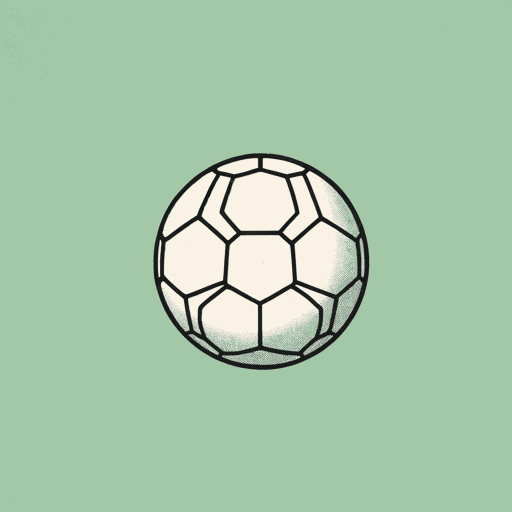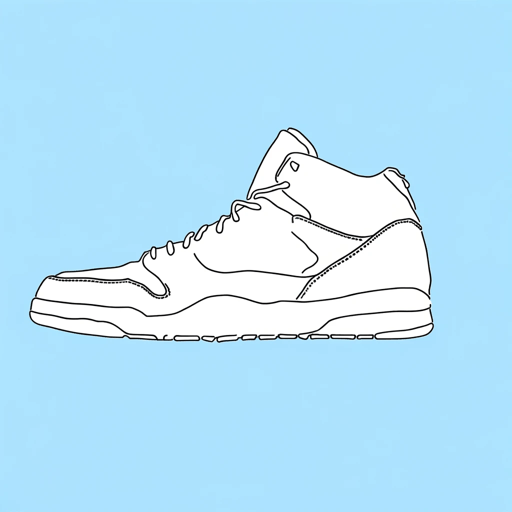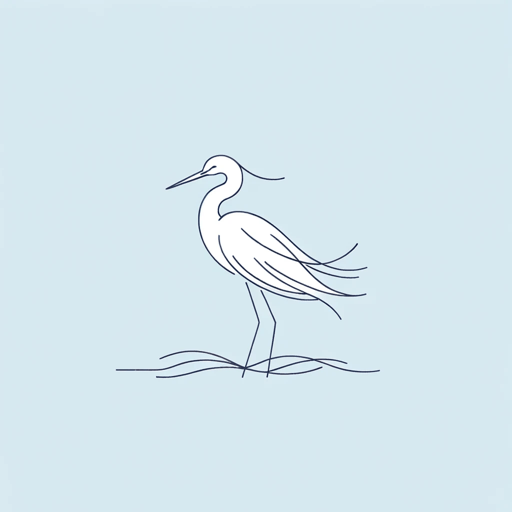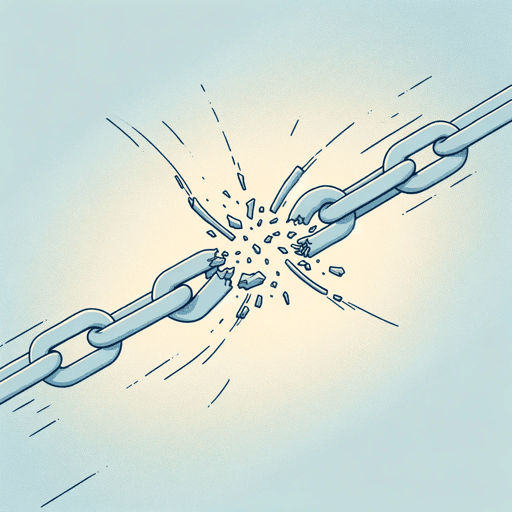77 pages • 2 hours read
Kwame AlexanderThe Door of No Return
Fiction | Novel/Book in Verse | Middle Grade | Published in 2022A modern alternative to SparkNotes and CliffsNotes, SuperSummary offers high-quality Study Guides with detailed chapter summaries and analysis of major themes, characters, and more.
Summary and Study Guide
Overview
The Door of No Return by Kwame Alexander transports readers to the world of 11-year-old Kofi in Upper Kwanta, West Africa, in 1860. The story revolves around Kofi's love for his family, his village, and his deep connection to the river. His cultural ways are in jeopardy, as the influence of England is taking over, including through their teachings about learning English. Soon, a tragic event during a fatal tribal wrestling match sets in motion a series of harrowing events that send Kofi on a life-altering journey across land and sea. Kofi must learn to harness his courage to escape a terrible fate based on true, historical events.
This study guide refers to the 2022 Kindle ebook edition published by KA Productions, an imprint of Hachette Book Group, Inc.
Content Warning: The source material features violence during a wrestling match, tragic death of a character, cultural and linguistic tensions, exploration of colonialism and its consequences, and themes related to the displacement and upheaval of a young boy's life.
Plot Summary
In Upper Kwanta, Africa in 1860, an 11-year-old boy named Kofi is a member of his Asante tribe. When he was born, as his grandfather the storyteller Nana Mosi says, he fell into the local river. Since birth, Kofi has been connected to the Offin River. The river is the source of abundant gold deposits, which they use as their main source of income. Their tribe has fought with Lower Kwanta over the river, as well as defended it from greedy “wonderfuls,” or white men, who tried to steal their resource.
Kofi’s days are filled with swimming, chores, and school. He and his best friend, Ebo, attend the local school with Mr. Goodluck Phillip, who used to have an African name like them. Mr. Phillip went away as a missionary to England, and he came back to teach them the ways of England, including the “Queen’s English” language over their native Twi language. Their culture collides with colonialism in terms of language and their history lessons, which revolve less around their tradition of storytelling and more around England, the Queen, and Shakespeare. He gets into trouble in school, so Kofi is often held back late for punishment. Mr. Phillip makes him read Shakespeare, which Kofi secretly enjoys.
Kofi’s crush, a beautiful girl named Ama, enters his thoughts often. They grew up together, swimming and playing games, but now he sees her as a beautiful, kind, and smart girl he’d like to marry one day. When Kofi’s cousin teases him during recess, Ama defends Kofi. Due to her witty insults, Kofi’s cousin grabs Ama and kisses her. In a rage, Kofi—who is normally timid and fearful—attacks his cousin. His cousin is much bigger and stronger, and often picks on Kofi. He doesn’t beat his cousin in the fight, but Kofi’s best friend Ebo says Kofi could easily win in a swimming match. Kofi’s cousin accepts the challenge, and they plan to swim in one week.
While Kofi practices in the river to swim faster each day, the yearly Kings Festival occurs. The tribe celebrates their heritage, and the children get a week out of school. In their past, Upper and Lower Kwanta had a disagreement over gold and land, so the kings fought. They made a treaty to share the resources, which resulted in the Kings Festival, including stories, dancing, food, and competitions like wrestling.
Kwasi, Kofi’s older brother whom he admires, volunteers to wrestle for prizes. Kwasi makes it to the final round, where he must defeat a giant named Bonsu. The giant jumps around and hurts his ankle, so the runner-up, Prince Yaw, fights instead. Kwasi throws Yaw in a backflip over his shoulder. This move kills Yaw, and Kwasi is devastated. Luckily, the tribes vote that Kwasi will not be executed, ruling it an accident. After killing Yaw, the once charismatic, funny, and outgoing Kwasi isolates himself. Kofi keeps practicing for his swim match, praying Kwasi will get better. Finally, Kwasi comes out from his room and plays a game with Kofi. He hurries him down to the river at night to practice his swimming. They notice a rope trap and avoid it. Kofi swims to the other riverbank, with Kwasi timing him.
Kofi swims back, but Kwasi is gone. Gunshots ring out. Kofi runs, but he gets caught in the rope trap. He thinks he’s being taken to his manhood ceremony, but it turns out he’s been captured by Lower Kwanta’s people. He and a few other small boys are shackled and held prisoners. Lower Kwanta enacts “justice” against Kwasi for killing Yew. Tied up, Kofi watches his brother’s murder before him by the gigantic wrestler Bonsu.
Kofi loses hope after Kwasi’s death. Though one of the Lower Kwanta men tries to save them, they don’t make it back to their tribe. The other captors kill the “betraying” Lower Kwanta man, then take the boys back into chains. Soon, they trek the boys across the jungle and paddle them to a white castle encampment near the ocean. At this castle, they meet the “wonderfuls,” or the white men. The Lower Kwanta captors sell Kofi and the other little boys for goods like alcohol, tobacco, and guns.
In the white men’s camp, Kofi endures a dungeon where he’s barely fed. He meets Afua, a kind woman who has lived there for a while and takes care of the children. She tells stories like his grandfather, and Kofi shares stories from his tribe too, which keeps everyone alive and in better spirits. One day, the men come and take them all to row boats. Afua acts as Kofi’s protector and mentor, giving him advice to stay strong, even when they’re led to a huge ship. On the ship, the white men count them, then chain them up. As they sail away, Kofi is terrified and sad to leave his only home.
Enduring the harsh conditions of little food or water and being tied up, Kofi and Afua share more stories to pass time. One day, she is taken and returns broken and silent. Afua tells Kofi the others below decks are planning a revolt and that he must never give up. The next time a white man comes for Afua, she kicks him and grabs his dagger, putting the knife to his neck. Afua curses them all, then looks at Kofi before she drops into the sea.
Kofi feels even more lost without Afua, but he remembers her words of encouragement. A giant storm rages one night, smashing their ship in half. Kofi and others break out from their chains, swimming in the wreckage through the wild ocean waves and wind. Someone calls his name. He finds his cousin, the one who used to torment him, scared and pleading. Kofi lives out Nana Mosi’s words from home about family being like a river, bending but never breaking. He tells his cousin to calm down and swim like him. Kofi’s swimming practice comes in handy as he leads his cousin in the direction where he thinks land is located.
Related Titles
By Kwame Alexander

Becoming Muhammad Ali
James Patterson, Kwame Alexander

Booked
Kwame Alexander

Rebound
Kwame Alexander

Solo
Mary Rand Hess, Kwame Alexander

Swing
Mary Rand Hess, Kwame Alexander

The Crossover
Kwame Alexander

The Undefeated
Kwame Alexander
Featured Collections
5th-6th Grade Historical Fiction
View Collection
7th-8th Grade Historical Fiction
View Collection
African American Literature
View Collection
African History
View Collection
Black History Month Reads
View Collection
Books & Literature
View Collection
Books on Justice & Injustice
View Collection
Books that Feature the Theme of...
View Collection
Books that Teach Empathy
View Collection
Brothers & Sisters
View Collection
Challenging Authority
View Collection
Childhood & Youth
View Collection
Colonialism & Postcolonialism
View Collection
Coming-of-Age Journeys
View Collection
Common Reads: Freshman Year Reading
View Collection
Community
View Collection
Diverse Voices (Middle Grade)
View Collection
Education
View Collection
Equality
View Collection
Family
View Collection
Fathers
View Collection
Fear
View Collection
Friendship
View Collection
Good & Evil
View Collection
Grief
View Collection
Guilt
View Collection
Juvenile Literature
View Collection
Loyalty & Betrayal
View Collection
Mortality & Death
View Collection
Mothers
View Collection
Nation & Nationalism
View Collection
New York Times Best Sellers
View Collection
Novels & Books in Verse
View Collection
Order & Chaos
View Collection
Power
View Collection
Safety & Danger
View Collection
Truth & Lies
View Collection
Valentine's Day Reads: The Theme of Love
View Collection

